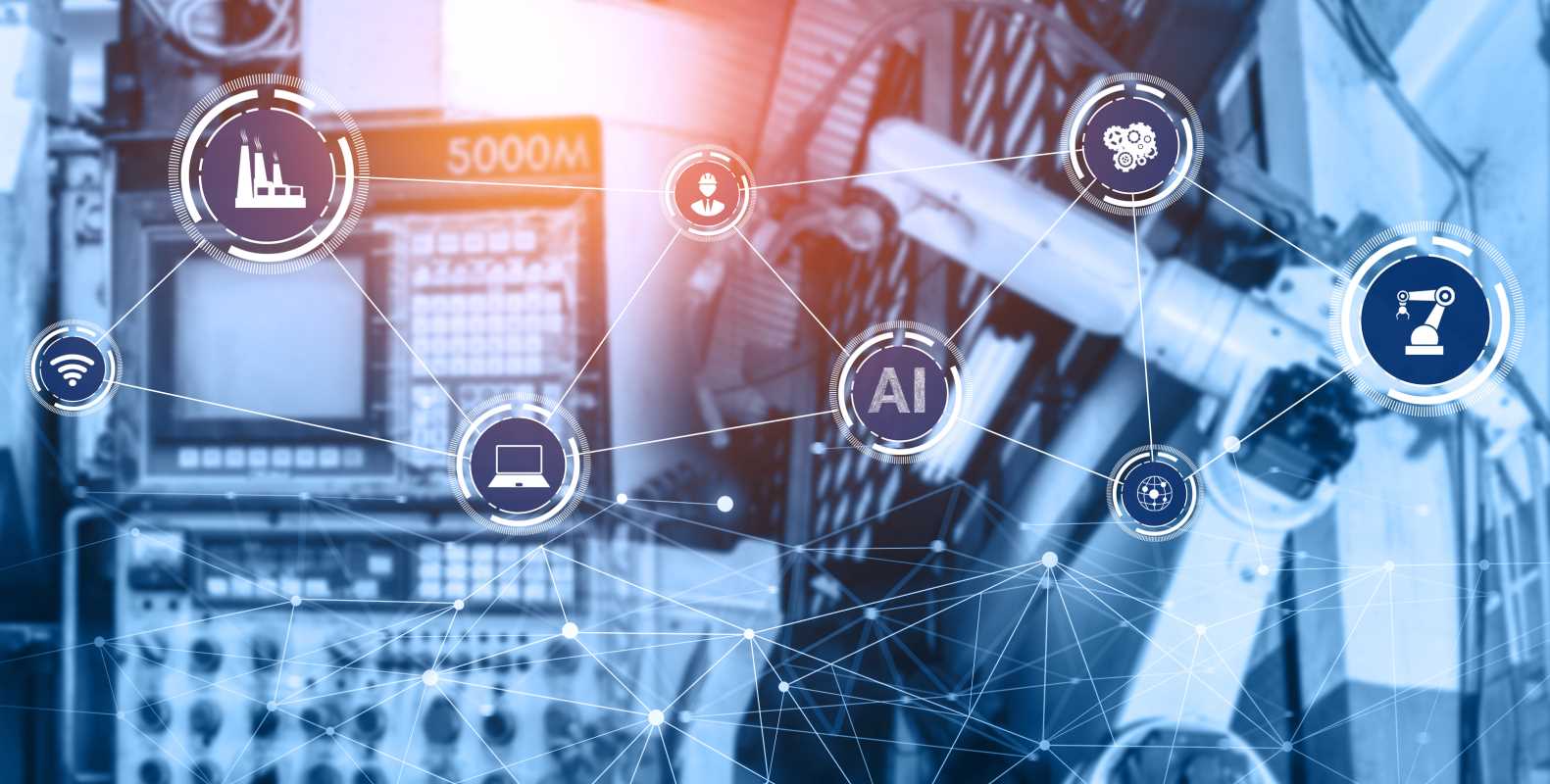The job market is changing. Automation and artificial intelligence are transforming industries at a rapid pace. This shift directly affects the value of certain college degrees. Some fields are becoming more critical, while others face new challenges. Understanding these trends is key for anyone planning their career or guiding a loved one.
This post will explore how automation is reshaping college majors. We will look at which skills are in high demand and which roles are most affected by new technology. You will gain practical insights to help you make informed decisions about education in this evolving landscape.
The New Landscape: AI and the Workforce
Automation is not just about factory robots anymore. It now involves sophisticated software that can analyze data, write code, and even create content. A report from Goldman Sachs suggests that generative AI could impact up to 300 million full-time jobs worldwide. This does not mean jobs will disappear, but it does mean that job requirements will change.
Success in this new era depends on skills that machines cannot easily replicate. These include creativity, critical thinking, emotional intelligence, and complex problem-solving. Majors that cultivate these abilities are becoming more valuable than ever. The focus is shifting from routine tasks to strategic, human-centric work.
Majors Gaining Momentum
Certain fields are positioned for significant growth. These majors equip students with the skills to build, manage, and work alongside automated systems.
Data Science and Analytics
Data is the fuel for AI. A degree in data science or analytics teaches students how to collect, interpret, and use large datasets to make decisions. Companies in every sector, from healthcare to finance, need experts who can turn raw information into actionable insights. This field is projected to grow over 35% in the next decade.
These professionals develop the algorithms that power AI. Their work is essential for improving business processes and creating new technologies. This major is one of the most secure paths in an automated world.
Robotics and Engineering
As automation expands, someone needs to design, build, and maintain the robots. Majors in robotics, mechanical engineering, and electrical engineering are fundamental to this process. Students learn the principles of machine design, control systems, and artificial intelligence.
The work requires a high level of creativity and problem-solving. These engineers are not just building machines; they are creating solutions to complex challenges in manufacturing, logistics, and medicine.
Healthcare and Nursing
While technology can assist with diagnostics, it cannot replace the human element of care. Majors in nursing, physical therapy, and other health professions remain in high demand. These roles require empathy, communication, and hands-on patient interaction—qualities that are difficult to automate.
The Bureau of Labor Statistics projects that healthcare occupations will grow much faster than the average for all occupations. As the population ages, the need for skilled healthcare professionals will only increase. Technology will become a tool to enhance care, not replace the caregiver.
Cybersecurity
Our world runs on digital systems. Protecting those systems is a top priority. A major in cybersecurity prepares students to defend networks and data from attacks. This field requires constant adaptation and critical thinking to stay ahead of new threats.
As more business operations move online, the demand for cybersecurity experts has skyrocketed. This is a field where human intuition and strategic thinking provide a distinct advantage over automated defenses alone.
Majors Facing a Transformation
Some fields are not disappearing but are undergoing significant change. The routine tasks within these professions are becoming automated, pushing workers toward more strategic roles.
Accounting and Finance
Software can now handle many traditional accounting tasks, like data entry and reconciliation. This automation frees up accountants to focus on higher-level work. A modern accounting degree now emphasizes financial analysis, strategic planning, and advisory services.
Future accountants will act more like financial consultants. They will use data provided by AI to help businesses make smart financial decisions. The emphasis is shifting from bookkeeping to strategic insight.
Graphic Design
AI tools can generate images and layouts in seconds. This changes the role of the graphic designer. Instead of creating designs from scratch, many will now act as creative directors. They will use AI to generate ideas and then refine them with their unique artistic vision.
A graphic design major is still valuable, but students must learn to collaborate with AI. The focus is now on brand strategy, user experience (UX), and creative problem-solving.
Journalism and Content Creation
AI can write basic news reports and marketing copy. This impacts entry-level writing roles. However, AI struggles with in-depth reporting, investigative journalism, and creating content that has a unique voice.
A degree in journalism or communications should now focus on developing strong analytical and storytelling skills. The writers who succeed will be those who can provide deep insights and connect with audiences on an emotional level.
How to Future-Proof Your Education
Regardless of your chosen major, you can take steps to prepare for an automated future. The key is to build a skill set that is uniquely human.
- Develop Soft Skills: Focus on communication, teamwork, and leadership. These abilities are crucial for collaborating in any modern workplace.
- Embrace Lifelong Learning: The skills you need will change over time. Be prepared to learn new technologies and adapt throughout your career.
- Combine Fields of Study: Consider a double major or a minor that pairs a creative field with a technical one. For example, a marketing major with a minor in data analytics would be highly valuable.
- Seek Practical Experience: Internships and hands-on projects give you a chance to apply your skills in a real-world setting. This experience shows employers you can adapt to new challenges.
The rise of automation is not something to fear. It is an opportunity to focus on more meaningful and creative work. By choosing a major that develops durable skills and committing to continuous learning, you can build a reliable and rewarding career.
 (Image via
(Image via





